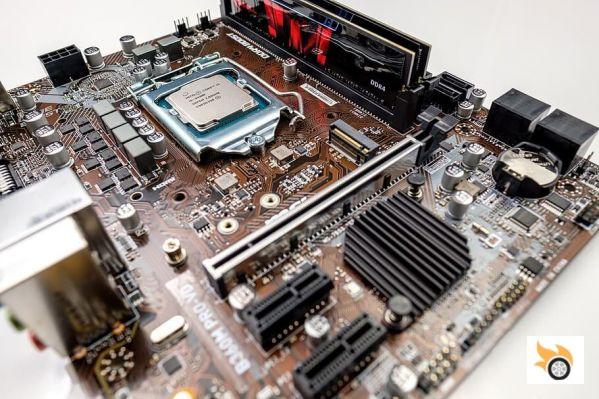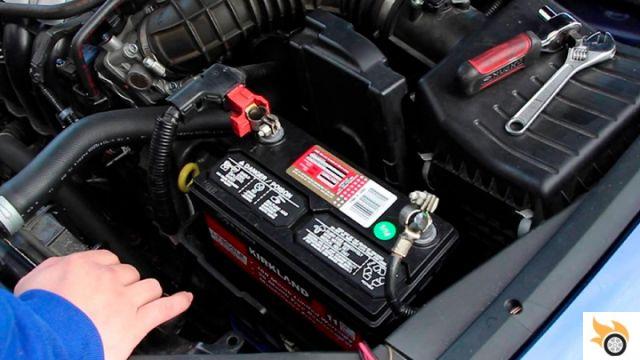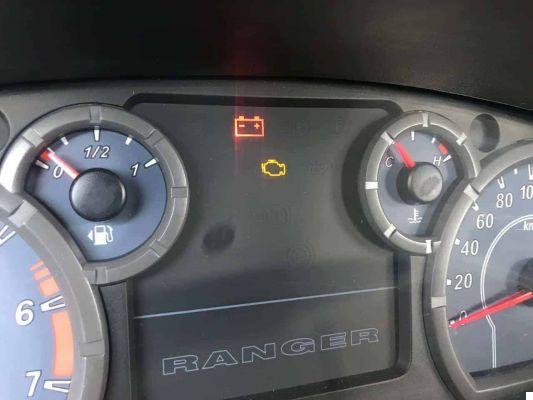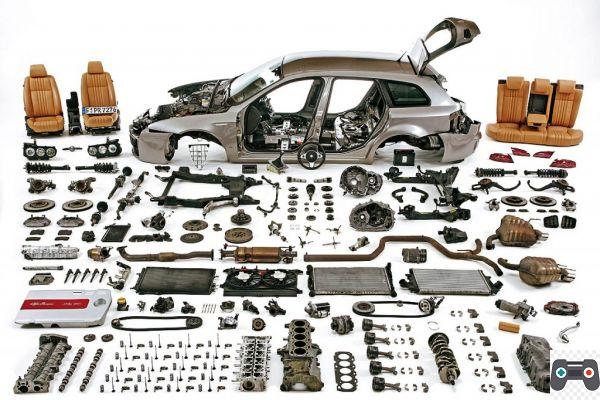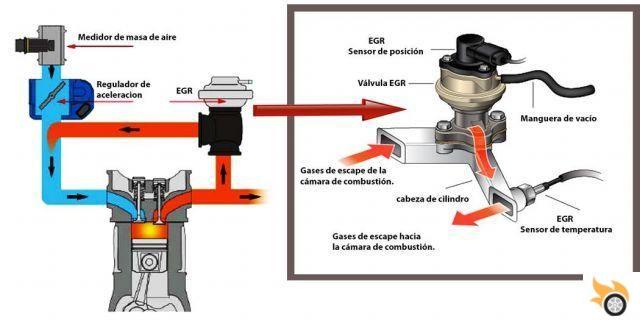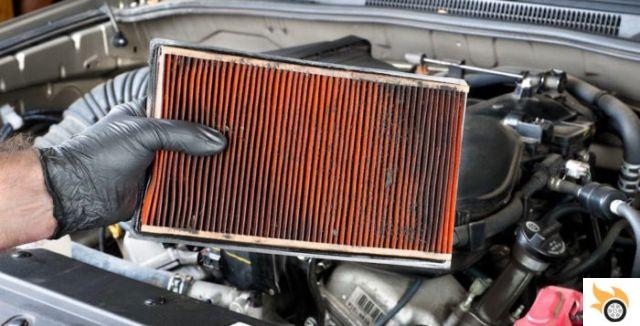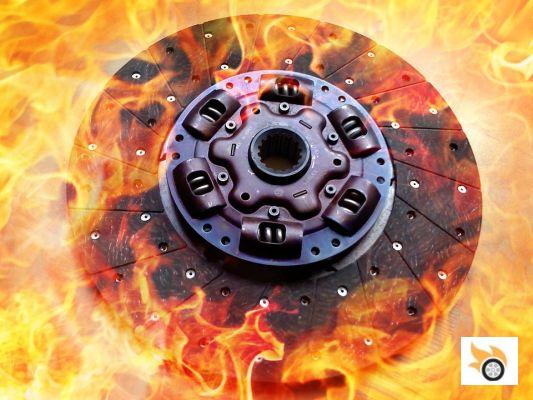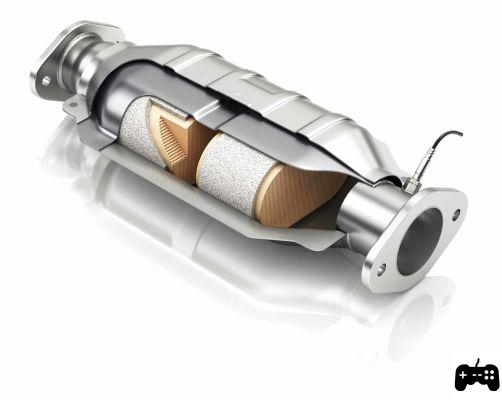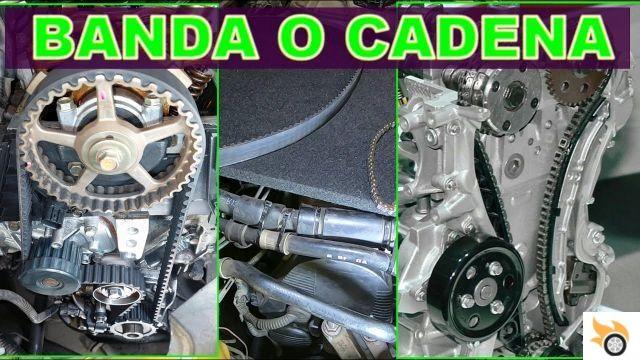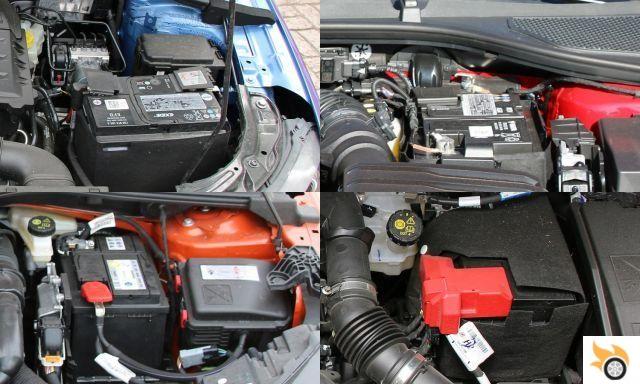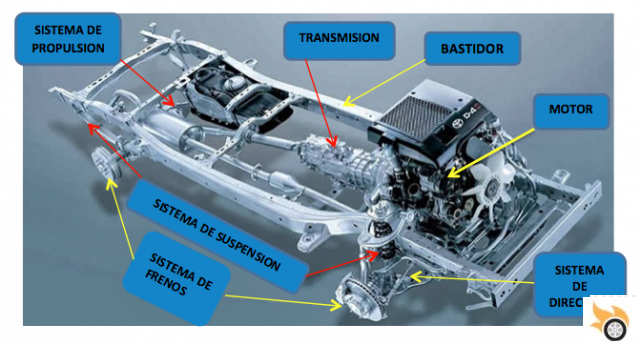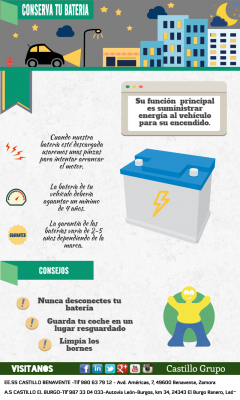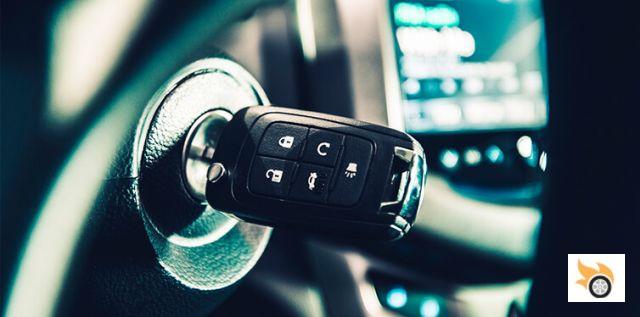
In this article, we will address the different problems and symptoms related to a car alternator. The alternator is an essential part of a vehicle's electrical system, responsible for generating energy to charge the battery and power the different electrical components of the car.
How to identify if the alternator is faulty?
It is important to know how to recognize the signs of a faulty alternator in order to be able to take the necessary measures in time. Some common symptoms of a bad alternator include:
- Dim lights: If your car's lights look dim or flicker while driving, it may be an indication of a problem with the alternator.
- Dead battery: If the battery discharges quickly or does not charge properly, the alternator may be failing.
- Strange Noises: If you hear unusual noises coming from the engine bay, such as squealing or buzzing, it could be indicative of a problem with the alternator.
- Problems with electrical components: If the electrical components of the car, such as the power windows or the audio system, are not working properly, the alternator may be affected.
If you experience any of these symptoms, it is advisable to take your car to a specialized workshop so that they can carry out a proper diagnosis.
What happens if the alternator fails?
If the alternator fails completely, the car will stop running properly. The alternator is responsible for supplying energy to the battery, so if it stops working, the battery will quickly discharge and the car will shut down. Also, electrical components will stop working and the power steering could become heavier.
In the event that the alternator fails while you are driving, it is important to take the necessary precautions to avoid accidents. If possible, try to get to a safe place and turn off the engine. Do not attempt to continue driving with a broken alternator, as this could damage other vehicle components.
How to diagnose a bad alternator?
If you suspect your alternator is bad, you can perform some simple tests to confirm it. Here's how to diagnose a bad alternator:
- Battery Voltage Test: Using a multimeter, measure the battery voltage with the engine off and then with the engine on. If the voltage is significantly lower with the engine running, the alternator is probably not charging properly.
- Alternator Load Test: With the engine running, connect the multimeter to the battery and check the voltage. It should be between 13.8 and 14.2 volts. If the voltage is lower, the alternator is probably faulty.
- Visual inspection: Examine the alternator for signs of wear, such as loose wires, corroded connections, or visible damage. If you find any anomaly, it is advisable to take the car to a workshop for a more thorough review.
Remember that these tests are only indicative and do not replace a professional diagnosis. If you have doubts about the state of your alternator, it is better to go to a specialized workshop.
Is it possible to keep driving with a broken alternator?
It is not recommended to continue driving with a broken alternator. As we mentioned earlier, the alternator is essential for the proper operation of the car. If the alternator fails, the battery will quickly discharge and the car will stop running. Also, other electrical components could be affected and the power steering could become more difficult to operate.
If you find yourself in a situation where the alternator fails while driving, try to get to a safe place and turn off the engine. Then request assistance from a towing service or take the car to a garage for repair.
Frequently Asked Questions (FAQs)
1. What is the function of an alternator in a car?
The alternator is in charge of generating electrical energy to charge the car battery and power the different electrical components of the vehicle, such as the lights, the audio system, the electric windows, among others.
2. What are the symptoms of a bad alternator?
Some common symptoms of a bad alternator include dim lights, a dead battery, strange noises coming from the engine bay, and problems with the car's electrical components.
3. Can I keep driving with a broken alternator?
It is not recommended to continue driving with a broken alternator. It is important to turn off the engine and request assistance from a towing service or take the car to a garage for repair.
Conclusion
The alternator is a fundamental part of a car's electrical system and its correct operation is crucial for the good performance of the vehicle. It is important to be aware of the symptoms of a failed alternator and take the necessary measures in time. If you have doubts about the state of your alternator, it is advisable to go to a specialized workshop for a proper diagnosis.
We hope this article has been helpful and has answered your questions about car alternator problems and symptoms. If you have any other questions or comments, do not hesitate to write to us. We will be happy to help you!
Thanks for reading and we hope to see you soon at pistonudos.com!





